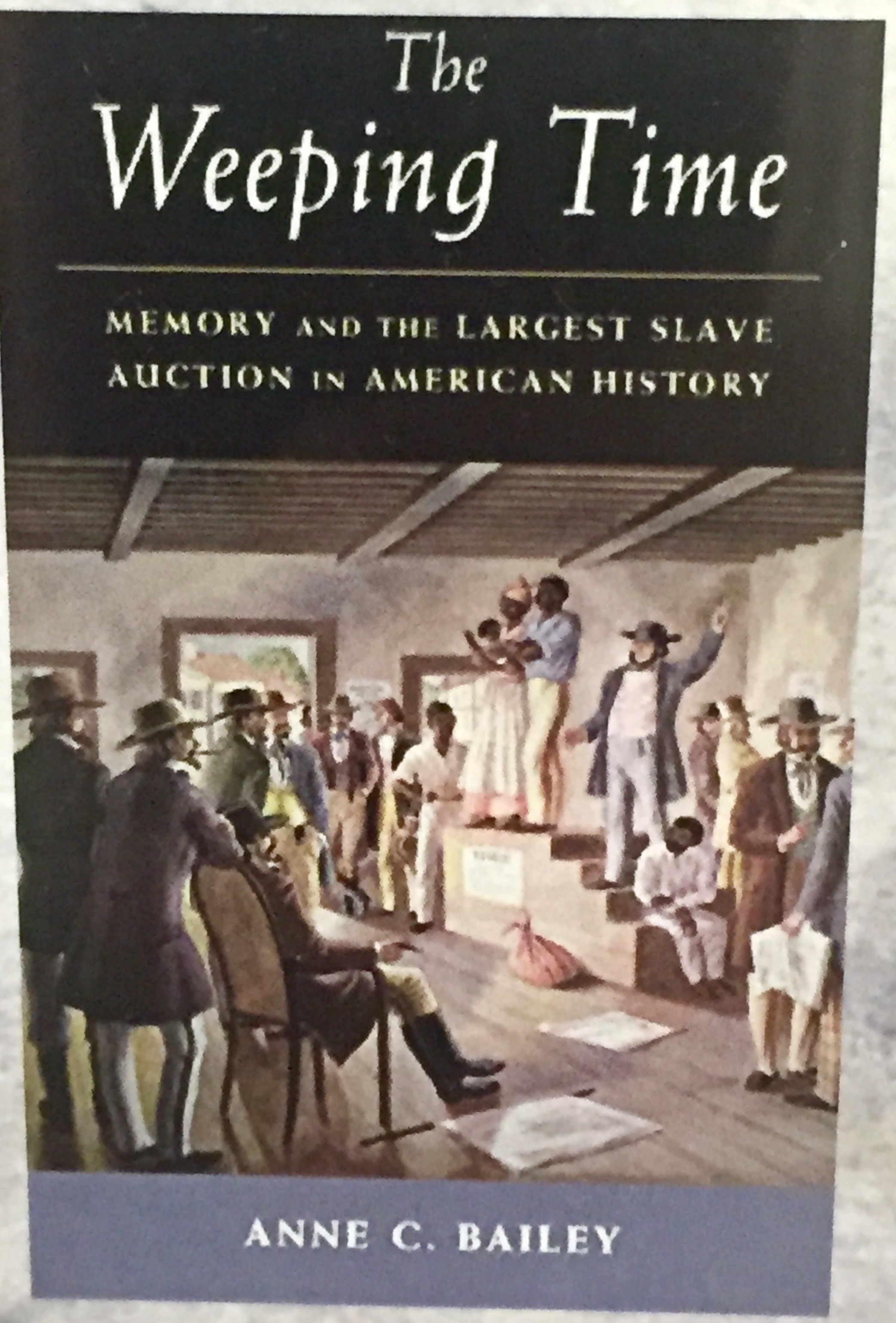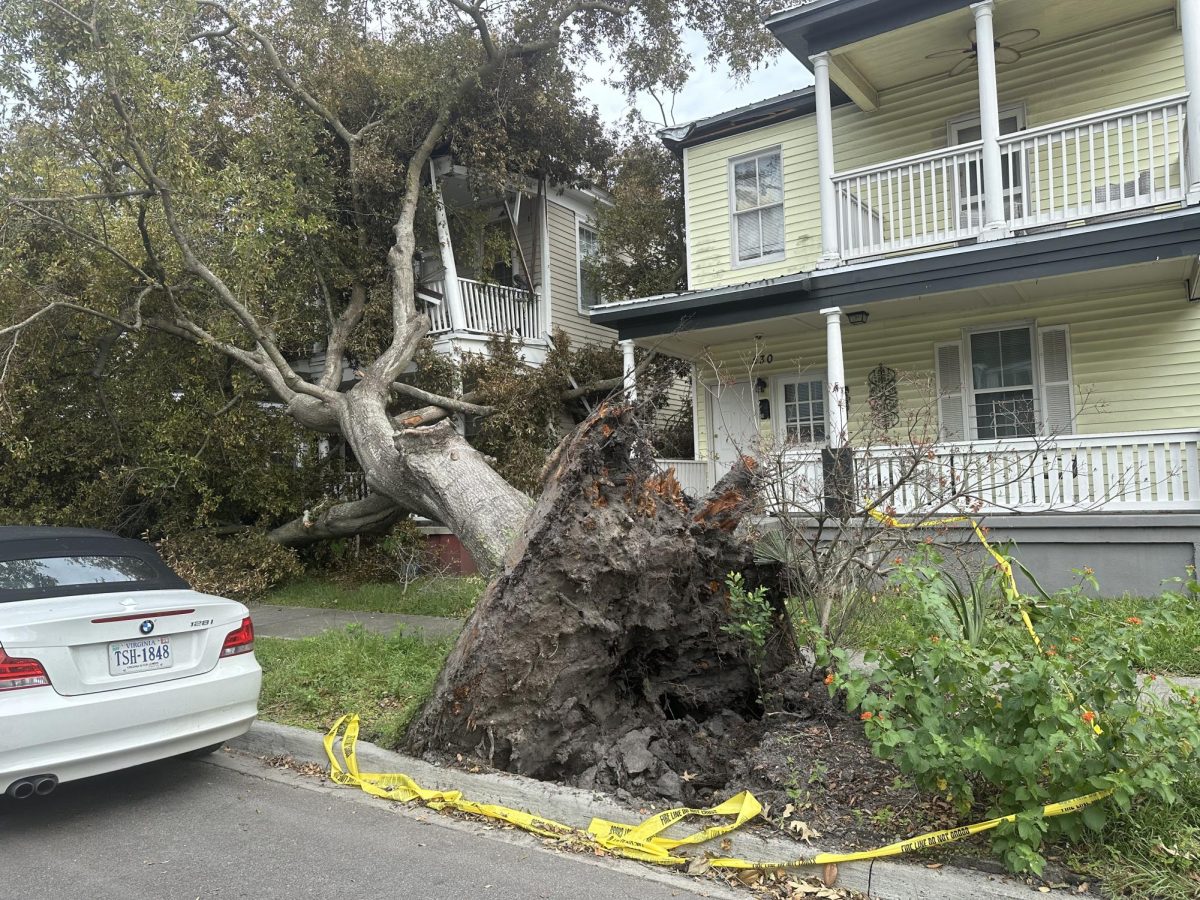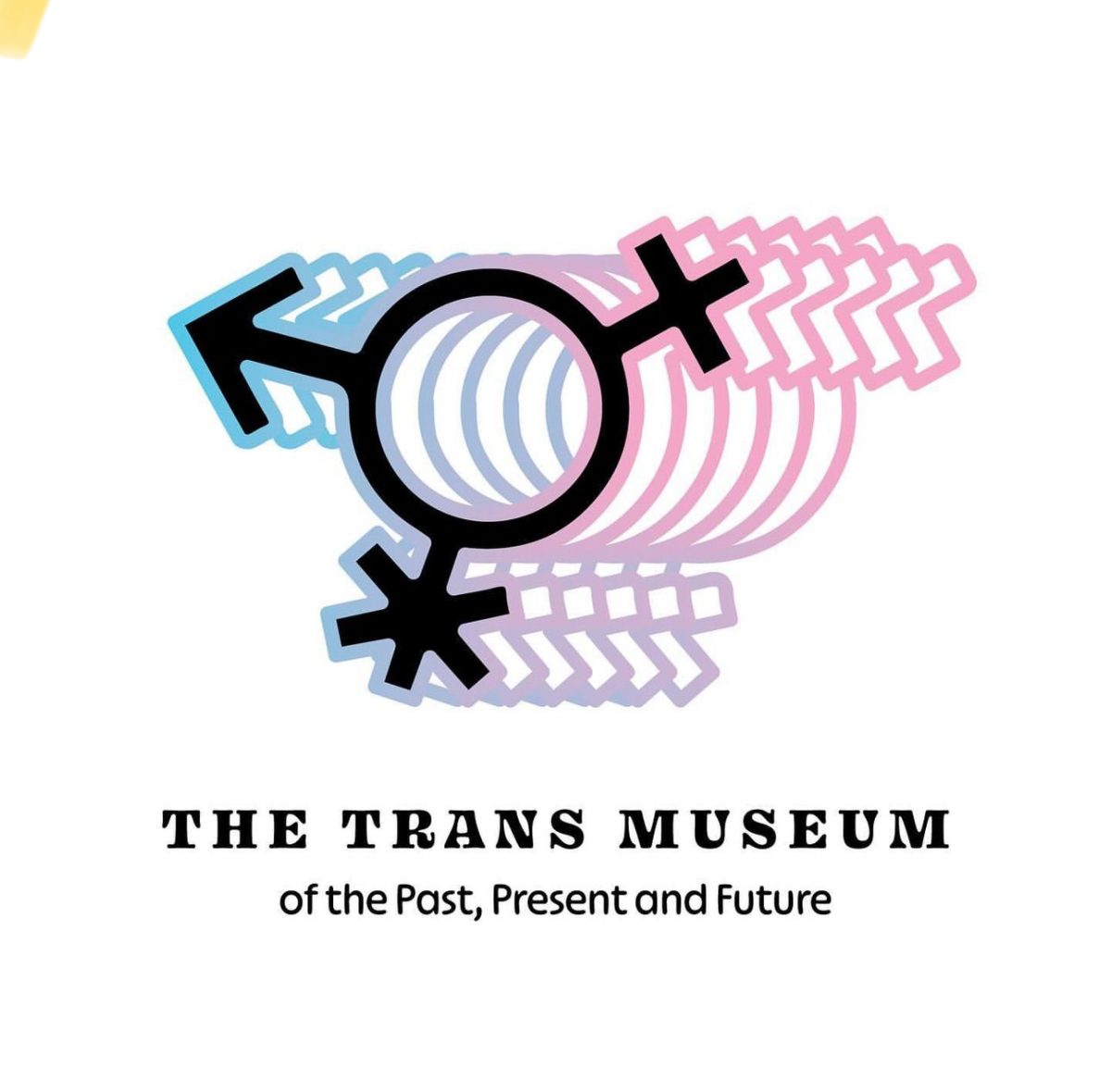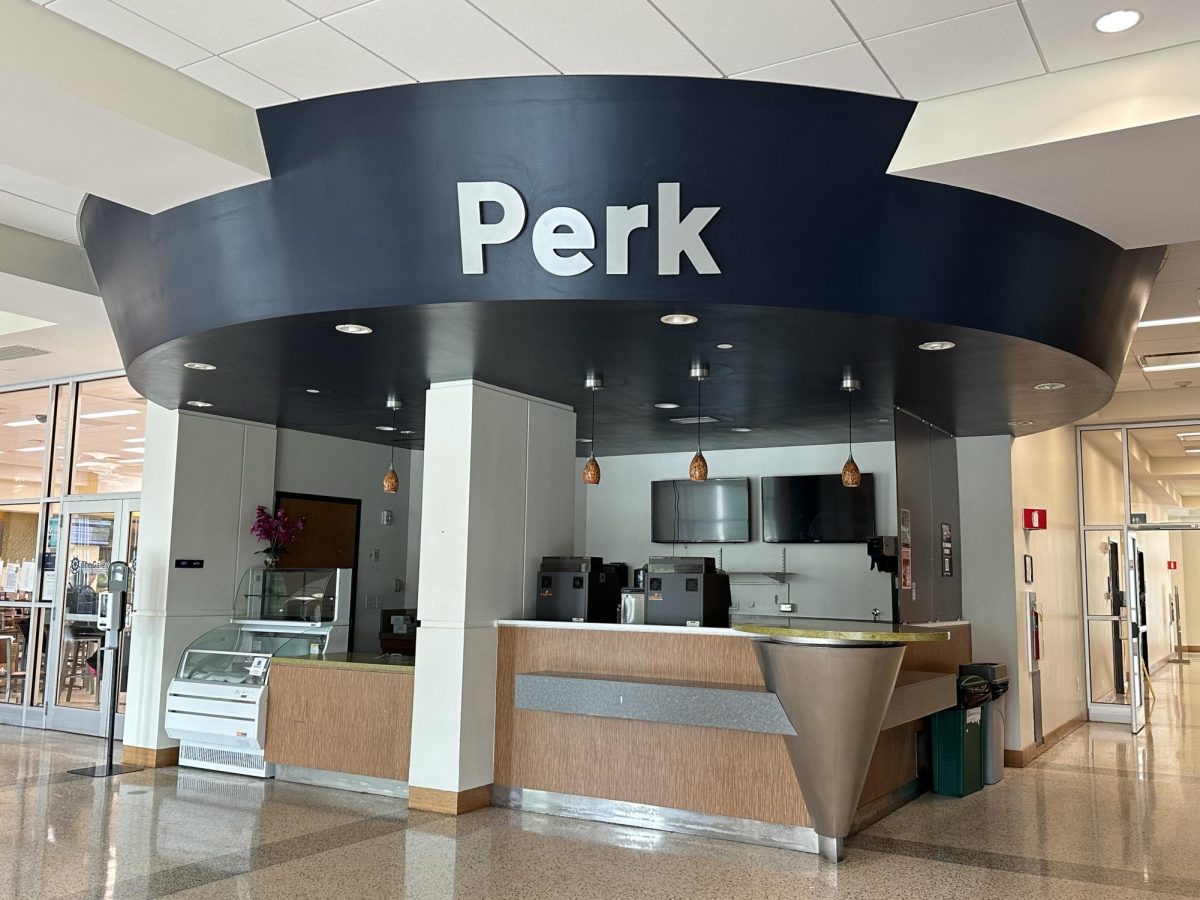By Daylon Bonner, Staff Writer

The Fine Arts hall played hostess to the annual Mark Finlay Memorial Lecture. The lecture was conducted by Dr. Anne Bailey. Her lecture covered her latest book, The Weeping Time: Memory and the Largest Slave Auction in American History, and some of the stances and history concerning slavery.
Dr. Anne Bailey is a professor at Binghamton University in New York. Her areas of study and knowledge include African History and African Diaspora Studies. She has published an acclaimed book, African Voices of the Atlantic Slave Trade: Beyond the Silence and Shame and make her return to the literary world with her latest outing, The Weeping Time: Memory and the Largest Slave Auction in American History.
Before diving into the main attraction, an acknowledgement needs to be made for the ones who took the stage before the doctor. The prelude to the lecture may have eclipsed the actual lecture itself, at least regarding spectacle. Those in attendance were serenaded by the Gullah Geechee Ring Shouters. The performance was well-worth the early arrival.
Dr. Bailey read an excerpt from the book to the crowd concerning a slave couple who nearly got reunited only for their hopes to be dashed by their master. Specifically, a slave attempted to convince his master that his partner would be a helpful addition. It appears his master got on board with the idea. However his master changed his mind without giving a full explanation for his decision.
As implied by the title of her book one of, if not the largest, recorded sales of individuals occurred here in Savannah.
The book is defined by three central ideas. The first is known as the Breach. By this she suggests that a disconnect between families has occurred. The disconnect is not entirely defined by race though as she asserts that the disconnect extends to humans in general.
The second discussed tenant in the book, Linked Fate, suggests that people of different races have been headed towards similar destinations, if on different paths.
The final major focus of the book deals with the concept of healing the Breach. In other words, strengthening and or making the familial connections necessary to piece together both families and history. The concept also deals with the role memory plays in these connections.
Dr. Bailey gave an interesting analogy. She compared bits of human history, particularly those which have little concrete information about them, to a patchwork quilt. A patchwork quilt will have little squares sewn on with the intent to eventually make a whole. It may be jumbled to some extent, but the goal remains the same. While history has documented slavery extensively, much of it has been lost due to slaves not being legally allowed to read and write. Therefore, their experiences, at least from their perspective may be lost to time. However, efforts are being made to find the connections. This patchwork will be integral to healing the proverbial breach Dr. Bailey speaks of.
Congratulations to Dr. Bailey on her new book and on giving the lecture. While her book gives a solid point for beginning, she is not the only one with credentials on African History studies. While she did not give any publications specifically, she did suggest W.E.B. DuBois as an author to investigate should anyone wish to continue to expand their knowledge on the subject. However, do not discount the worth of her book. It is available at most book retail stores, both on paperback and in e-book form. She also has a blog (annebailey.blogspot.com) where she will be posting additional readings






